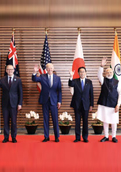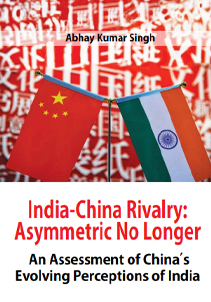Defence Budget 2023–24: Trend Analysis
In the Union Budget 2023–24, the estimated allocations for the Ministry of Defence (MoD) are Rs 5,93,537.64 crores, an increase of 13 per cent over BE 2022–23 (Rs 5,25,166.15 crores).
- S. Samuel C. Rajiv, Abhay Kumar Singh |
- February 17, 2023 |













